april-top.html
1919 John Pentland Mahaffy died on this day in 1919. He was a writer and a tutor who was born in Switzerland, but educated in Dublin and spent his life in Ireland. He wrote numerous papers on a vast range of subjects, but is possibly most linked to languages and studies of Ancient Greece.
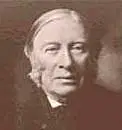 Mahaffy was a hugely intelligent man, and was somewhat of a snob, looking down on the uneducated and preferring the company of aristocrats. However, he did have moments of kindness. For example, one day he met a boy who was reading Greek. Mahaffy asked him about his studies, and lent him several books to help him. Mahaffy then personally arranged a place at Trinity College, Dublin for the boy to continue his education.
Mahaffy was a hugely intelligent man, and was somewhat of a snob, looking down on the uneducated and preferring the company of aristocrats. However, he did have moments of kindness. For example, one day he met a boy who was reading Greek. Mahaffy asked him about his studies, and lent him several books to help him. Mahaffy then personally arranged a place at Trinity College, Dublin for the boy to continue his education.
He was considered to be one of the greatest wits around. He put himself up for election as the Provost of Trinity College, and when he was told that his opponent was unwell he remarked: “Nothing trivial I hope!”
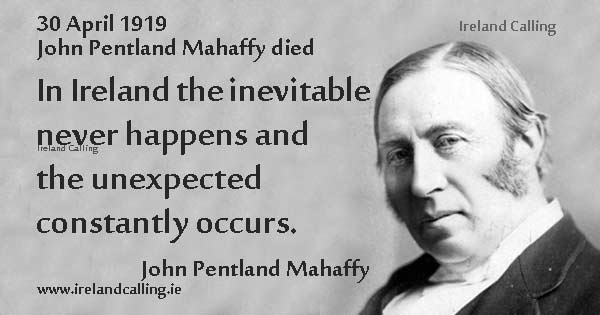
An advocate for women’s rights once asked Mahaffy what was the difference between men and women, to which he responded: “I can’t conceive.”
Mahaffy was the tutor to fellow intellects Oscar Wilde and Oliver Gogarty. Wilde once described Mahaffy as his: “first and greatest teacher”.
Click here to read some quotes from other great Irish wits
* * *
1959 Happy birthday to Arthur Mathews, born in Navan on this day in 1959. He is a comedy writer and is one half of the writing team that created the popular, zany Father Ted. Mathews has also contributed to numerous comedy programmes in the UK and Ireland throughout his career.
He also co-wrote I, Keano, the musical comedy based on the events surrounding Roy Keane walking out on the national team just days before the 2002 World Cup.
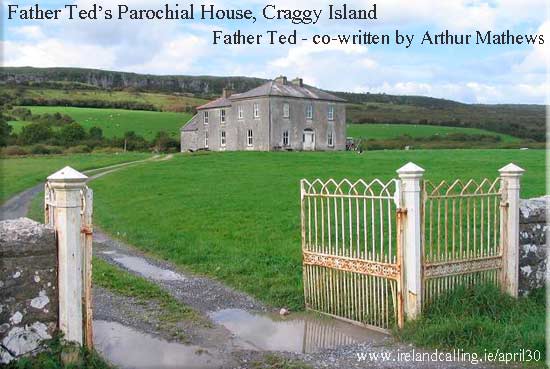
Mathews is considered to be one of the cleverest comedy writers to come out of Ireland in the last 50 years, and his co-creation of the cult classic Father Ted, makes him a favourite with comedy fans all around the world.
Click here to read about more Irish writers
* * *
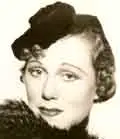 1979 Peggy Dell died on this day in 1979. She was a talented musician and performed in numerous stage productions throughout her career.
1979 Peggy Dell died on this day in 1979. She was a talented musician and performed in numerous stage productions throughout her career.
She also had her own TV show, called Peg o’ My Heart, in which she would perform and chat with other musical guests.
Click here to read about more top Irish musicians
* * *
 1981 Happy birthday to John O’Shea, born in Waterford on this day in 1981. He is a professional footballer and has played for the Republic of Ireland more than 90 times.
1981 Happy birthday to John O’Shea, born in Waterford on this day in 1981. He is a professional footballer and has played for the Republic of Ireland more than 90 times.
O’Shea spent most of his career at Manchester United, where he won the Premier League five times, the FA Cup once and the League Cup three times. He was also part of the squad that won the 2008 Champions League.
Click here to read about the top Irish sports stars
* * *
1994 The 39th Eurovision Song Contest took place at the Point Theatre in Dublin on this day in 1994. It was won by Ireland’s entrants Paul Harrington and Charlie McGettigan with Rock ‘n’ Roll Kids, but the event was more noteworthy because it was the birth of the Riverdance, with a performance during an interval.
The Riverdance tour has since toured all around the world and brought Irish dancing back into mainstream entertainment.
Eurovision 1994 Riverdance interval performance
D
2013, the Irish Dancing Commission banned the wearing of make-up and false eyelashes of girls under 10, which led to parents demanding they go further and take Irish dancing back to basics.
Click here to read about the response to the make-up ban
Click here to read some of the comments made by parents of young Irish dancers
* * *
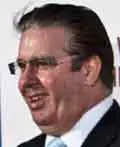 2010 Gerry Ryan died in Dublin on this day in 2010. He was a television presenter and one of RTÉ’s top hosts for more than 20 years. Ryan had worked on shows such as The Eurovision Song Contest, The Late Late Show, as well as his own Ryantown and The Gerry Ryan Show.
2010 Gerry Ryan died in Dublin on this day in 2010. He was a television presenter and one of RTÉ’s top hosts for more than 20 years. Ryan had worked on shows such as The Eurovision Song Contest, The Late Late Show, as well as his own Ryantown and The Gerry Ryan Show.
Ryan was a man that split the opinion of the Irish public. He wasn’t afraid to offend some people with a joke if he thought it would make other people laugh. He once said: “Would it be blasphemous if someone said on air that ‘God is a bollocks’?”
* * *
Beltane marked the beginning of summer. Special bonfires were lit, and their flames, smoke and ashes were thought to have protective powers.
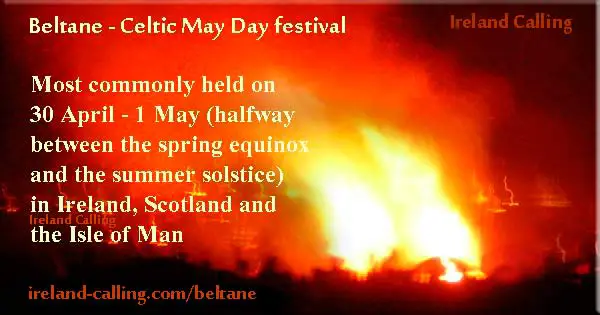
Discover more about Bealtaine and other Celtic festivals here
april-bottom.html
